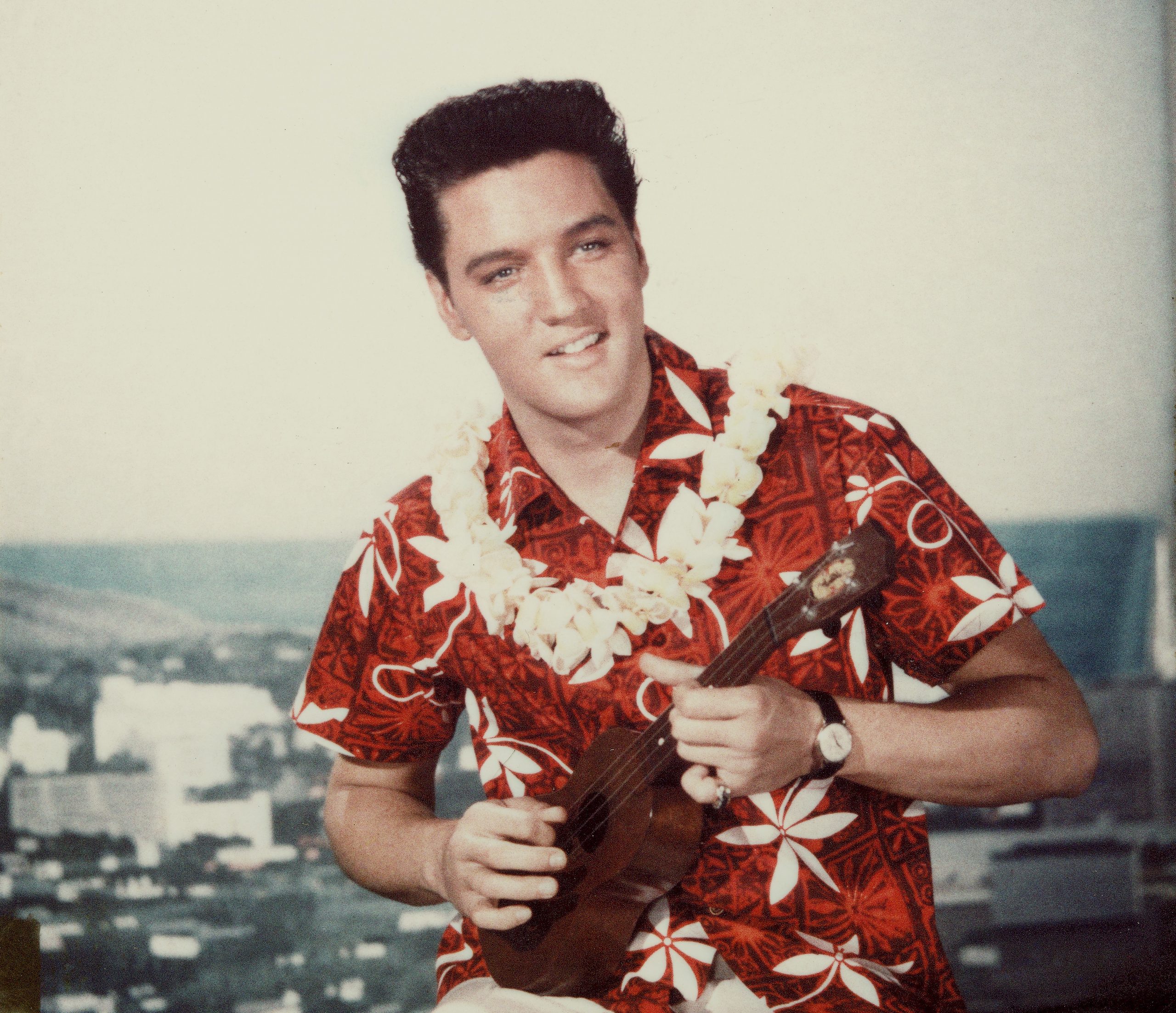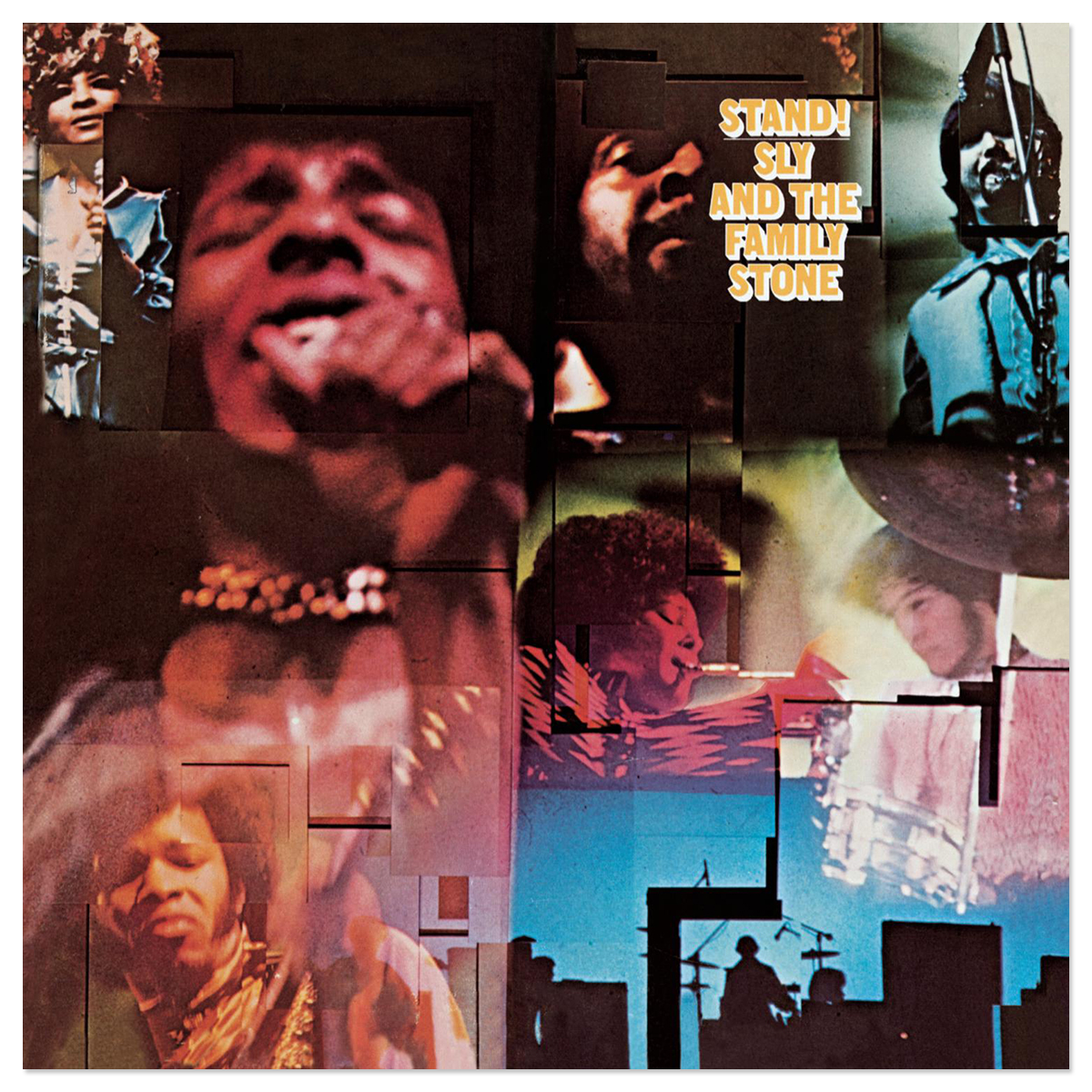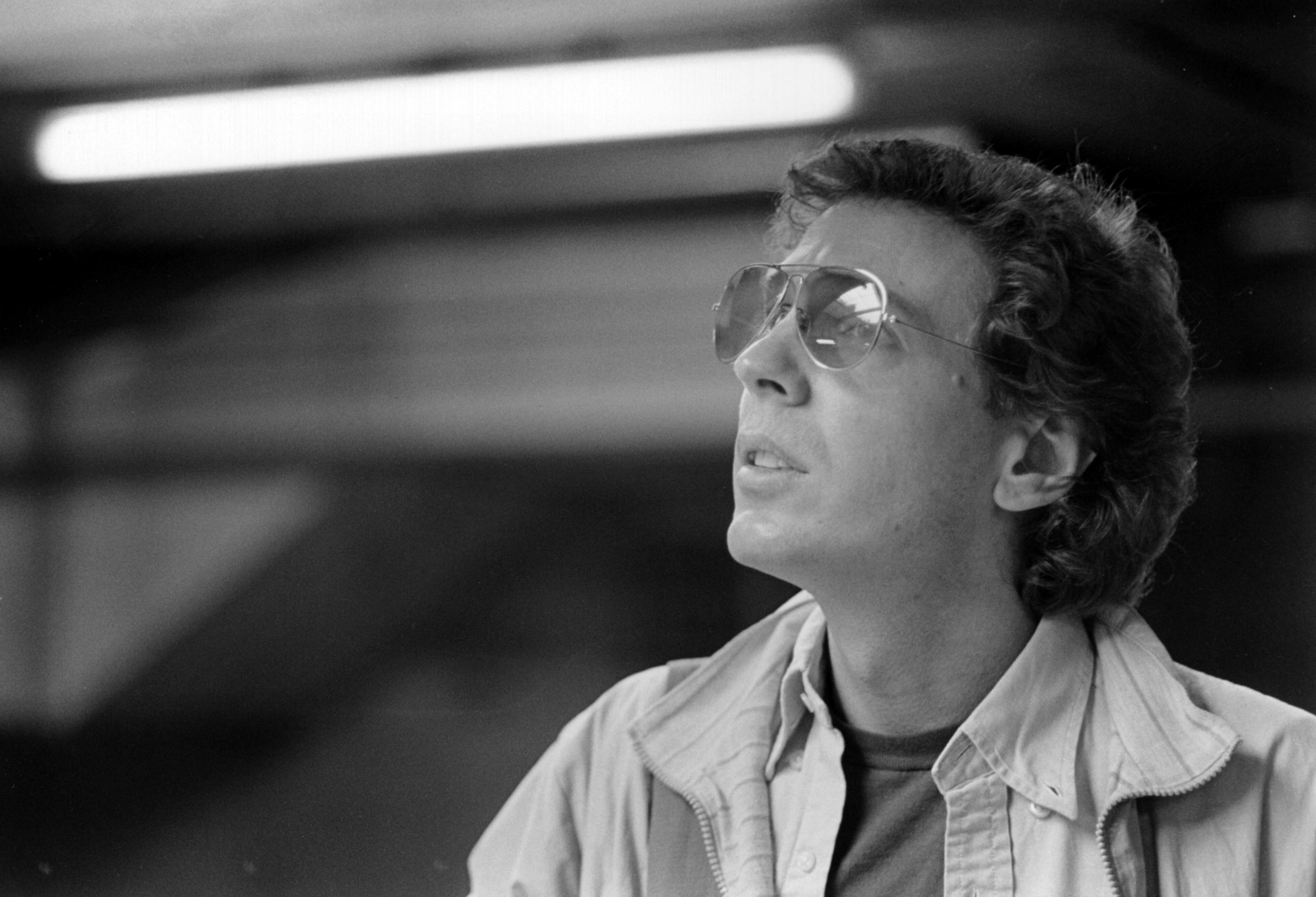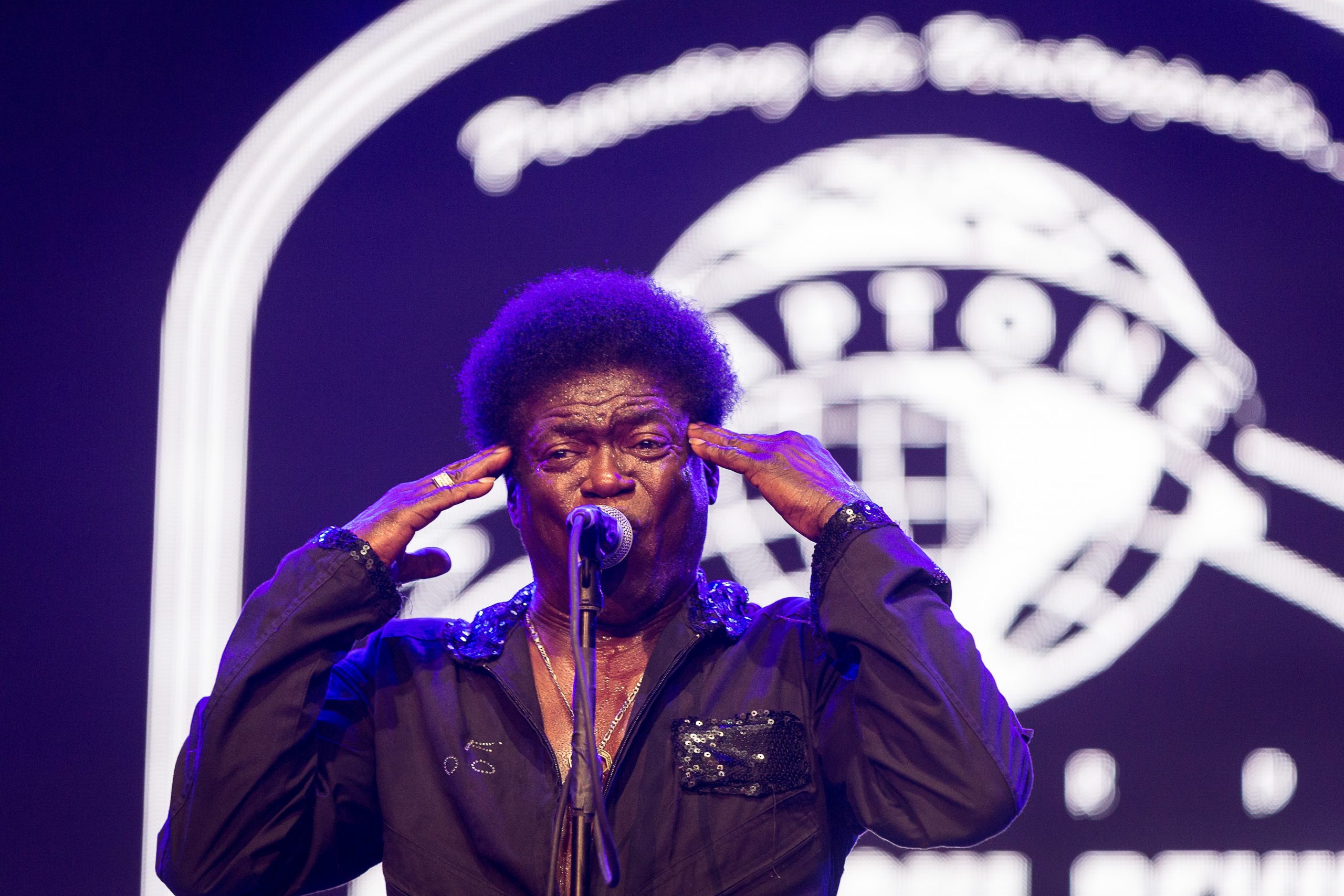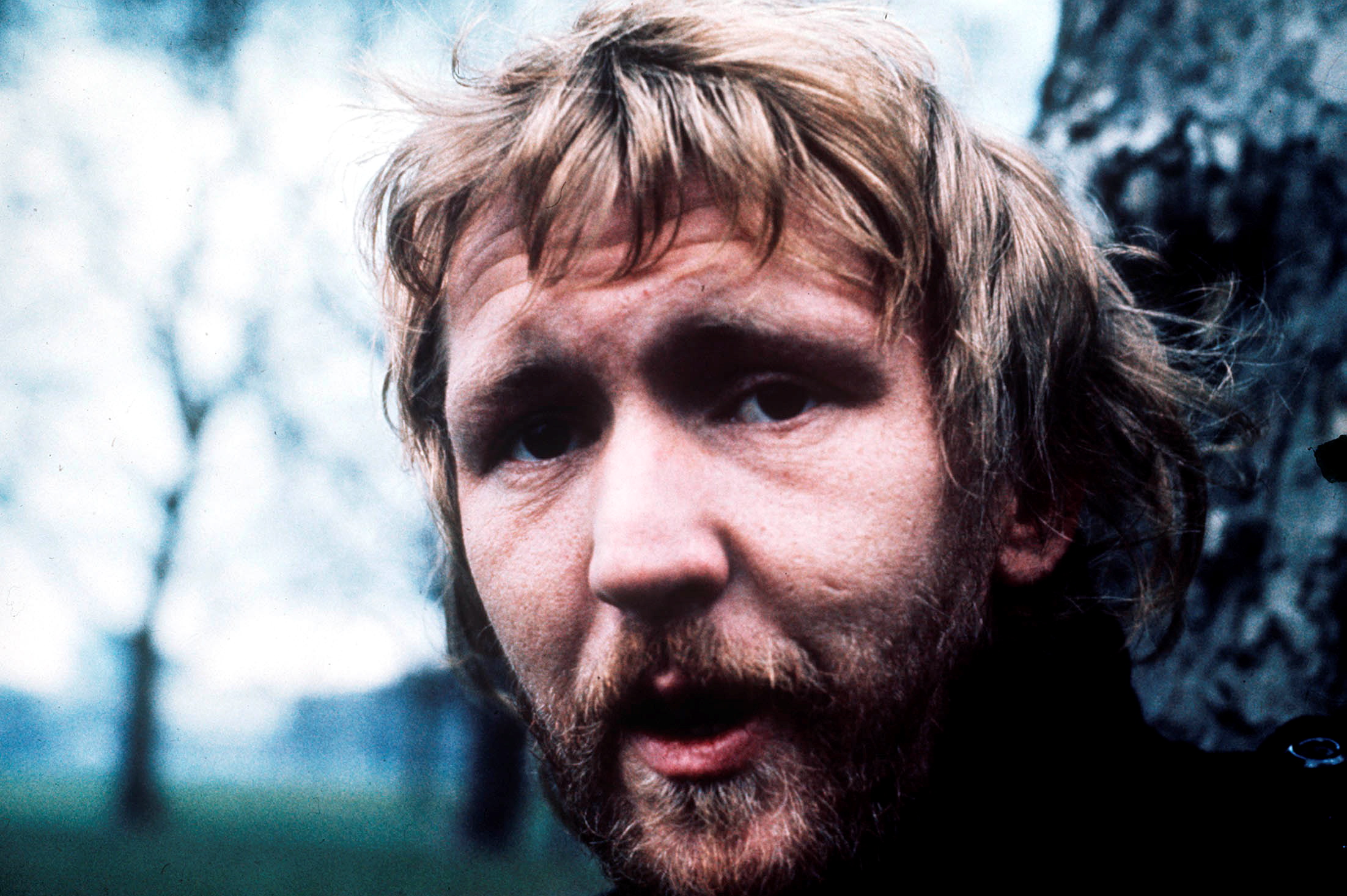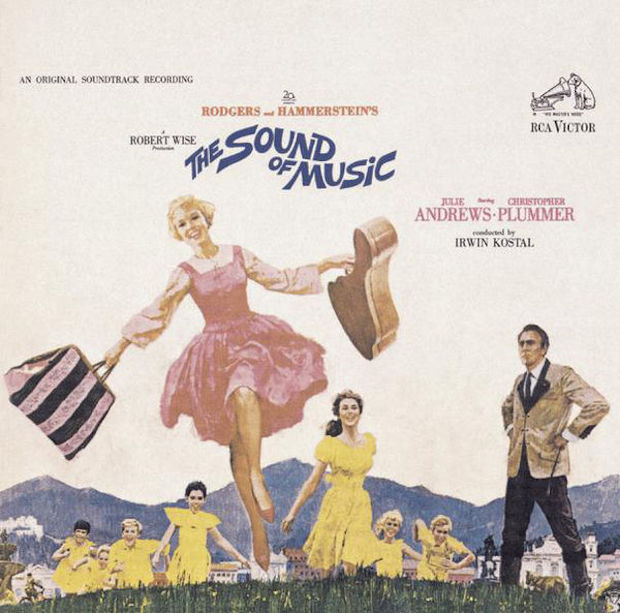All these editions of Gotcha Covered, and finally, it's time to ask: How do we deal with Elvis, really? The man died shortly before I was born, so even as a longtime music dork I mostly knew him as a legacy, a shadow, a ghost: the man whose unexpected death struck up a wave of hapless conspiracy theories, grotesque impersonations, and exploitative nostalgia that superseded his impact as an actual artist for just about everyone who wasn't at the ideal age to find out just what he meant before the rot set in. (That, and his death torpedoed RCA's promotional efforts for Harry Nilsson's pretty-damned-good 1977 album Knnillssonn, which is some bullshit.) I've grown to recognize what Elvis actually accomplished as a singer -- what bits of American hauntology could be found in his Sun recordings, the less kitschy, more alluringly human stuff hinted at in Mystery Train (both Marcus' and Jarmusch's), the actual visceral oomph of both his early prime and his peak comeback stuff (1969's From Elvis In Memphis, for instance, has jams for days).
But it's still kind of tricky navigating all this stuff when it comes to figuring out what other musicians are trying to say through Elvis' voice. Fortunately there's "Can't Help Falling In Love", the Blue Hawaii standout and #2 US hit that seems like the last gasp of Great Elvis before he started really coasting. It stands as one of the songs he popularized that's actually kind of difficult to do snottily or kitschily by default, even if examples definitely exist, and here are ten versions that do what they can to reclaim the unsullied, purely musical side of Elvis that we might otherwise have a difficult time even seeing.
The Stylistics (1976)
So here's the only cover on the list released during Elvis' lifetime, and that makes something of a difference here: Is there anything in this performance that doesn't sound 100% sincere and unburdened by self-awareness? Are the Stylistics, one of the more underrated Philly Soul vocal groups of the '70s, even making a big deal about the fact that they're covering a song popularized by The King™? Nah, it's just a good platform for Russell Thompkins Jr.'s falsetto, tempo-tweaked for Bicentennial-grade disco purposes, still on point and good to groove to. The LP this came from, 1976's Fabulous, wasn't the group at their peak; it was the first album of theirs to fail to hit the US R&B Top 20, and as classic soul goes it's a few notches down from the magnificence of their self-titled '71 debut and its hits-for-days status that made it unlikely but effective material for hip-hop producers. Still, this version of "Can't Help Falling In Love" made #4 in the UK anyways, likely thanks to the Van McCoy arrangement's relentlessly lively rhythm section. The chirpy flute/piccolo melody that echoes the chorus kind of grates, though. Blame the producers if you want for that, just keep in mind that the team of Hugo & Luigi -- as in Hugo Peretti and Luigi Creatore -- co-wrote the song with George David Weiss in the first place.
Klaus Nomi (1983)
It'd be simplistic and condescending to say that Klaus Nomi was "too good for this world" -- or too strange, for that matter. That's because his type of operatic peculiarity, deliberately camp at the same time it was legit awe-inspiring, was at its best when he drew out all the potential for otherworldly nature from the familiar: the high culture of opera, the low culture of pop, both rendered newly spectacular. In 1979, his collaboration with David Bowie on Saturday Night Live gave straight America a surreal glimpse into the avant-garde and dramatically raised his profile in the NYC art scene. Less than four years later, in August 1983, Nomi died of complications from AIDS -- after Hi-NRG composer Patrick Cowley passed in November 1982, Nomi was one of the first high-profile musicians to succumb to the disease -- and RCA released his third (and first posthumous) album Encore just a few months later. It's a fairly vault-dependent release, not entirely representative of where Nomi's work might have been headed, but it's got its highlights just on the basis of his voice's presence. The arrangement of his version of "Can't Help Falling In Love" isn't as dramatically stark as the ambient, borderline goth synthpop or as wild an energy flash as the serrated new wave that backed him on his first two albums. But the arrangement's straightforward accommodation of early '60s pop stylings means Nomi's able to play things relatively ordinarily, too -- his famous falsetto counter-tenor is absent here, though he still has the operatic flourishes in his voice.
Cameo (1983)
If you want to know how the Cameo of the '70s eventually became the Cameo that famously gave us "Word Up," 1983's Style is a good threshold to refer to. It's around 1982-'83 that veteran R&B and funk bands start really leaning towards synthesized instruments and drum machines: not only are the charts on the verge of Jimmy Jam and Terry Lewis becoming the pre-eminent hitmakers of the time, the house bands of labels like Sugar Hill are defining the new sounds of funk on hip-hop's terms. By this point, Cameo had reduced themselves from an Earth, Wind And Fire-sized 14-member super-ensemble to a four-piece band led and produced by singer Larry Blackmon, which makes this "Can't Help" stripped-down by necessity: A shared lead vocal with synthesizer wizard/multi-instrumentalist Charlie Singleton leans on the singers to bring the harmonic gravitas, with the production lingering in the background like balmy weather. The syndrums and keyboards barely make themselves felt as a genuine presence, which is a mixed blessing; subtle and semi-anonymous usually beats garishly dated, but there're some intriguing music-for-space-lovers whirring buried deep in the mix that could've made this at least a 7 on the "Beautiful Ones" scale. Still, keep an open ear for honey-dripping sentiment and you'll come away more or less moved, at least a bit.
Dead Moon (1988)
https://youtube.com/watch?v=RSkN_Gw7sLo
Elvis as oddball semi-hero to garage-punk dirtbags is a phenomenon that dates back at least a couple decades prior to Jack White's preposterous cameo in Walk Hard, and while a lot of that schtick has aged even worse than Elvis himself did -- hey, who here remembers Mojo Nixon (besides the Dead Milkmen)? -- Dead Moon's take on "Can't Help Falling In Love" is grimy and lo-fi nervy without succumbing to either creep-o nostalgia fetishism or snickering knowingness. Kathleen "Toody" Cole taking lead vocals in place of usual frontman (and husband) Fred Cole is a change of pace, but an effective one; her voice transcends naivete while still sounding too young and idealistic to come across like a rock star pose. Primitive without making a big deal of it -- and sounding not unlike the Seeds' "Can't Seem to Make You Mine" in the bargain -- the Portlanders make it sound sincere in a way a lot of their snottier contemporaries wouldn't dare.
UB40 (1993)
This, right here, is the single most successful version of "Can't Help Falling In Love." It hit #1 in 12 different countries, including the US and UK, and #2 in three others, and earned platinum certification by the standards of the German, British, and American record industries. It currently has over 76 million views on YouTube in a bit over 10 years. And... why? I can't be some kind of defective just because I hear a nasal whimper in Ali Campbell's voice where other people hear soulfulness, right? It's not my fault that I hear the instrumentation -- a tangy-enough digital dancehall fused with the kind of lively horn charts picking-it-up-picking-it-up in all those shamelessly fun Madness singles from a dozen years prior -- and focus more on the spot-welded joins of different reggae-oid signifiers than I do the big picture, right? It's not just lingering animosity over having to hear their version of "Red Red Wine" everywhere when I was growing up, only to have escaped this, and now finding a new irritation having finally been forced to confront it a quarter-century later, right? Well, OK, so my bias is out in the open now. All the same, I'd rather there was a Dennis Brown version of this floating around somewhere.
U2 (1993)
But look! Right in the immediately preceding divider at the Sam Goody stacks! Another version from '93! Yep, nine years after writing "Elvis Presley And America" (which only alluded to the titular subject) and two years before Eno and them came together as Passengers and recorded "Elvis Ate America" (which did invoke the titular subject, hamfistedly and obnoxiously), U2 included a cover of "Can't Help Falling In Love" in their Zoo TV tour, usually as a closer. The effect's pretty stark after an entire set based around postmodern media-mocking sensory overload and one of the most self-important bands of the 1980s puncturing their own mythos, but maybe they felt that the audience needed a break from all that elbows-to-ribs post-stardom half-irony and that a faithful, sincerely-wailed Elvis cover was just what people needed to come down from all the spectacle. Granted, that gold lame suit might still be a bit much, but maybe One Bono Fan (Himself) Can't Be Wrong.
Pearl Jam (2000)
What if Eddie Vedder is our era's biggest oldies preservationist? Think about it: Pearl Jam made Wayne Cochran's "Last Kiss" a big deal again, and have also done covers of Arthur Alexander's 1962 Southern soul classic "Soldier of Love," 1963 Eddie Holland (of Holland-Dozier-Holland) Motown deep cut and Lemmy favorite "Leaving Here," and another '61 Elvis number, "Little Sister," that they did as a Vedder/Robert Plant duet. (Maybe that's why, speaking of Walk Hard, Vedder's appearance in that movie introducing Dewey Cox at the "Lifetime Achievement Awards" is such perfect typecasting.) Anyhow, Pearl Jam aren't exactly the Sha Na Na or anything, but this "Can't Help" -- from an October 22, 2000 concert in where else but Las Vegas, because of course -- is another notch in their revivalist belt. And I gotta say that Vedder as Elvis works in a strange kind of way, in that you have one of the most impersonated voices of his generation at his most archetypal.
Twenty One Pilots (2012)
Despite featuring in the film Blue Hawaii, the original Elvis version of "Can't Help Falling In Love" doesn't actually feature a ukelele. What a missed opportunity! Good thing this horrible error has been corrected by Tyler Joseph of Twenty One Pilots. Enjoy the sight of him staring into some vague floor-level void as he tries to make his jaw move in ways that help him sing better. Maybe I don't get it 'cause I'm old, but then again, being old means I can remember when Belle And Sebastian were the apotheosis of precious tweeness, and this makes them sound like Coroner.
Beck (2017)
https://youtube.com/watch?v=p0sd6FrZPSA
As parts of One Foot In The Grave and the bulk of Sea Change taught us, sincere Beck can be as wigged-out as Beck in junkshop Fluxus funk mode -- all it takes is the proper context, like a sincere engagement with folk or an abrupt turn into heartbreak. Maybe the most obvious context is a reinterpretive one -- like a minimal-prep cover album of Songs Of Leonard Cohen, or a zero-gravity/high-reverb take on "I Only Have Eyes For You" as a one-man Flamingos for an art installation by Doug Aitken. So here he is in po-faced alt-folkie mode, doing "Can't Help Falling in Love" and sounding perfectly at home in it as a grown-man standard-bearer -- except this is from an album tie-in to "what if the Nazis won" Amazon series/Philip K. Dick adaptation The Man In The High Castle, which means there's an ingrained effort to make this and all the other songs on the soundtrack feel like some sort of half-real alternate-universe mutation.
Zayn (2018)
Finally, here's this just-out version by Zayn Malik, formerly of One Direction, a band I have never gotten around to actively listening to or even incidentally hearing enough to figure out if I even like them or not. I mention this both as an observation on the nature of the internet bubble effect stifling the idea of an inescapable pop-music monoculture, a writerly stalling tactic, and a disclaimer as to why my opinion is what it is: With no stakes whatsoever vis a vis 1D fandom in either the pro or con columns, I feel like I am as unbiased as one can possibly be when I say that this is fucking weird. In a good way, mostly -- this version, aside from being fascinating from just an appreciate-the-virtuosity sort of perspective, just twists every bit of melody and meter inside out, leaving nothing from the original but the tempo and the mixed emotions of longing, embarrassment, doubt, and euphoria that the song actually calls for. I think this Zayn guy's got some future in the showbiz world here.
